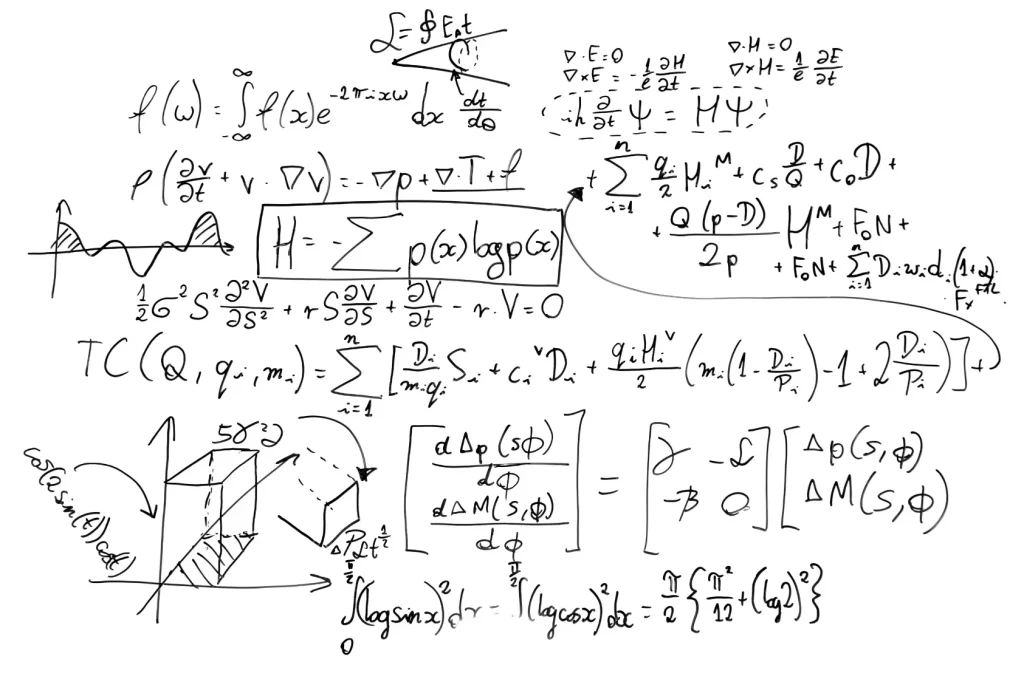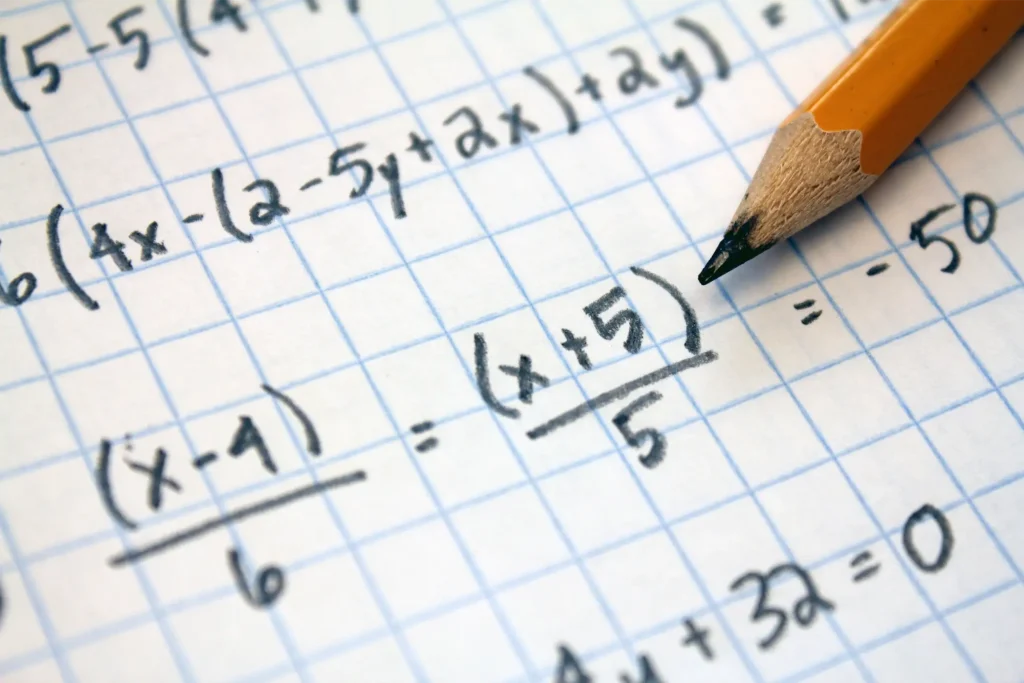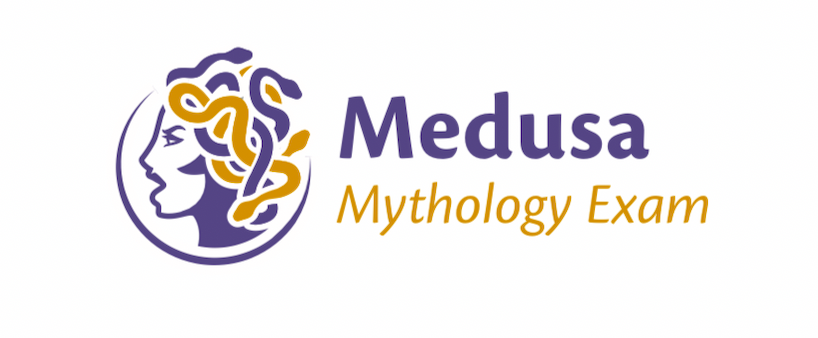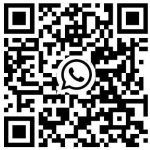Students who are interested in conducting an Economic Research paper
All levels
One-on-one and small group (Max. 7 students/class)
Class Introduction
American universities have always put strong importance on economics, especially with the top 30 American universities. The top universities for economics programs are:
- Harvard University
- Massachusetts Institute of Technology
- Princeton University
- Stanford University
- University of California Berkeley
Economics is the cornerstone of the development of modern business, and is a great entry point for students who want to pursue business in the future. Finance, accounting, marketing, and other business majors have gradually developed independently from economics after the middle of the last century, and become their own disciplines. Mastering the knowledge of economics plays a very important role in studying business and cultivating one’s entrepreneurial thinking in the future. For students who want to choose economics or other business majors as their university majors in the future, they should conduct independent economic research during high school in advance. This summer, Aralia Education invited an economics professor of Trinity College, a top liberal arts college in the United States for economics, to help cultivate students’ interest in economic research.
In this course, students will use college-level economic theory and models to analyze economic issues of major significance today (list of topics below). The instruction will provide students with the models and tools necessary to write an economic analysis research paper. The research project is designed to encourage students to integrate their acquired knowledge of economic theory, phenomena, data, and policy, and to apply this knowledge to studying a topic shaping the world today. Students will gain the analytical tools to make informed policy recommendations for how to best address the economic issues raised in their research papers.
The topics we will focus on include:
Unemployment, employment, and will robots take our jobs?
- Data: measuring unemployment and employment
- Automation: technological change and shifts in employment
Financial crises — why do economies crash?
- Business cycles
- Housing bubbles
- Banks, financial markets, and government policies
- How do economies recover from crises?
Comparative economic growth — why are some countries rich while others are poor?
- Data: accounting for economic growth
- The “Great Divergence” — the rise of the West
- The rise of China
Outcome
The goal of this course is to help students learn how to read, critically evaluate, and begin to produce economic research, with a particular emphasis on empirical evidence. Students will learn how to analyze empirical evidence relating to economic indicators, unemployment, national income, fiscal and monetary policy, recessions, inflation, and policies to promote economic growth, with applications from the United States as well as other industrialized and developing countries. Students will learn college-level economic concepts, theories, and models that will enhance their problem-solving and critical thinking skills. By the end of the course, students will produce a college-level research paper involving original economic data analysis.
Students will learn introductory concepts in macroeconomics. Macroeconomics focuses on principles that apply to an economic system as a whole. The course places particular emphasis on the study of national income and price-level determination. It also develops students’ familiarity with economic performance measures, the financial sector, stabilization policies, economic growth, and international economics. Students learn to use graphs, charts, and data to analyze, describe, and explain economic concepts.
The primary goal is to develop and then build on your understanding of the analytical tools and approaches used by economists, and to use those tools to conduct original research. This will help students to interpret economic news and economic data at a much deeper level, while also forming their own opinions on economic issues. The course will also provide a strong foundation for students who want to continue on with intermediate economics and possibly beyond.
- Use supply and demand analysis to predict how businesses and consumers will respond to changing market conditions.
- Understand major economic indicators: gross domestic product, unemployment, inflation.
- Use the aggregate supply and aggregate demand model to explain economic events and changes in economic conditions.
- Understand policies to promote economic growth.
- Understand how to produce economics research papers, and what makes for effective writing in economics.
Course take-away: An 8 to 15-page original research paper. This paper can be used as part of your college application portfolio.
Couse content
Materials:
- Microsoft Excel
- Additional materials will be provided from academic journals, internet sources, current
events, newspapers, and instructor-created material
| Lesson | Topics |
| 1 | How to write a research paper in economics How to come up with a research paper topic in economics, and how to structure an original research paper. |
| 2 | How to write a research paper in economics How to come up with a research paper topic in economics, and how to structure an original research paper. |
| 3 | Unemployment, employment, and will robots take our jobs? (Part 2) Technological change and shifts in employment. |
| 4 | Financial crises — why do economies crash? (Part 1) Business cycles and housing bubbles. Basic models, concepts, and terminology. Data: Federal Reserve, Statistica, Macrohistory. |
| 5 | Financial crises — why do economies crash? (Part 2) Banks, financial markets, and government policies. How do economies recover from crises? |
| 6 | Comparative economic growth — why are some countries rich while others are poor? (Part 1) Accounting for economic growth. Basic models, concepts, and terminology. Data: Federal Reserve, Statistica, Macrohistory. |
| 7 | Comparative economic growth — why are some countries rich while others are poor? (Part 2) The “Great Divergence” — the rise of the West. The rise of China. |
| 8-12 | One-on-one class with the professor |
Feedback
Students and their parents will receive brief feedback after each class regarding the student’s general participation in class. Students will also receive feedback on graded assignments via email.
Schedule
19 hours of classes, including 14 hours of group classes (120 minutes/class/week), and 5 hours of one-on-one classes (60 minutes/class, scheduled after group sessions are completed)














